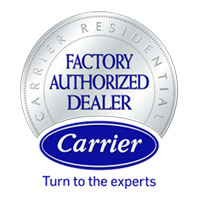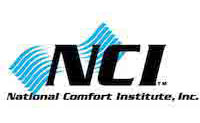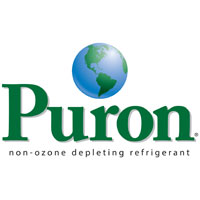Indoor air may seem clean by default, but in reality, this air is prone to contaminants and harmful gases. Indoor air often doesn’t circulate freely, and HVAC systems can contribute to poor indoor air quality when they aren’t properly maintained. In fact, experts say that over 70 percent of problems associated with indoor air can be traced back to the operation and maintenance of HVAC systems.
Microbial Growth
Microbial growth can form in HVAC systems. Dust, dirt and bacteria get trapped inside the fiberglass insulation that is often used in duct systems. When these elements mix with moisture from the air stream, mold, fungi and bacteria can grow as a result. These contaminants are then spread throughout your home. If you live in a humid climate, your HVAC system is especially susceptible to microbial growth and moisture. The stagnant moisture from indoor air in a humid climate, or the air that comes from the HVAC evaporator coils, can make downstream components into microbe breeding grounds.
Health Complications
Microbial growth can contribute to a number of health complications. You may experience symptoms like fatigue, headaches or allergies. Dizziness, upper respiratory congestion and irritation of the eye, skin, nose and throat are also common. If you find that your symptoms let up when you leave the house and return when you re-enter, your indoor air quality may be to blame.
Cleaning Your HVAC System
The best way to improve and maintain your indoor air quality is to stay on top of your HVAC system.
- Have the system cleaned by a professional on a regular basis. Regular cleaning helps prevent particulates like dust and dirt from settling within the HVAC system.
- Replace your system’s filter each month. Get an air filter with a minimum efficiency reporting value (MERV) of at least 11 in order to remove up to 80 percent of the particulates that are as small as one micron. Lesser filters allow mold spores and bacteria to pass through.
- Install a UV (ultraviolet) lamp. These lamps help to neutralize forms of microbial growth like bacteria and viruses.
When your HVAC system is properly cared for, your indoor air won’t be as prone to contaminants like microbial growth. These measures can help ensure your health as well as that of your family.













